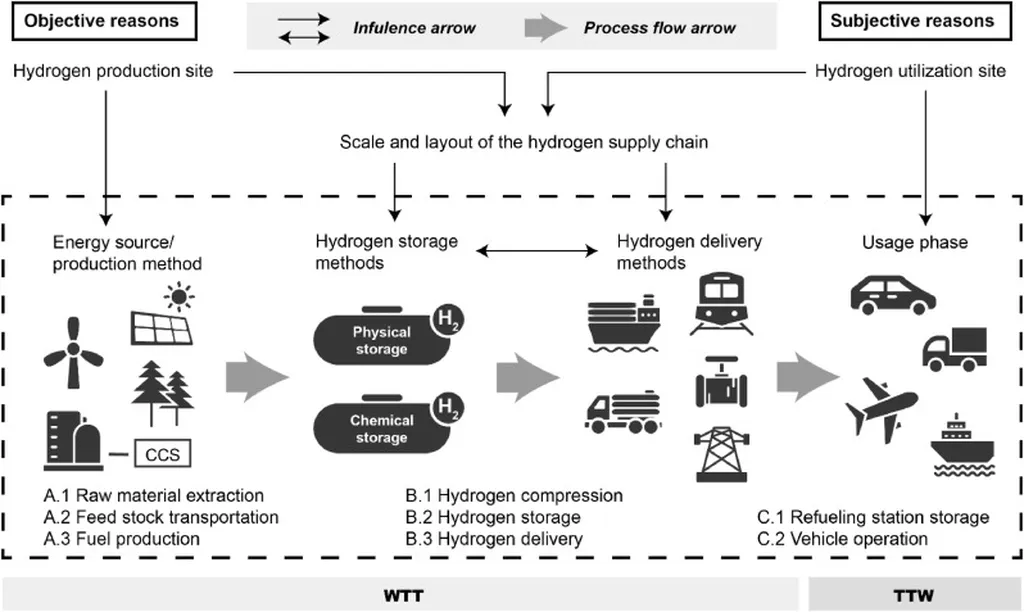In the rapidly evolving landscape of Australia’s energy sector, hydrogen is emerging as a critical player, but its potential is being hindered by regulatory fragmentation. A new study published in the journal *Energies*, titled “Proactive Regulation for Hydrogen Supply Chains: Enhancing Logistics Frameworks in Australia,” sheds light on the pressing need for innovative regulatory strategies to support the hydrogen economy. Led by Philip Y. L. Wong of the Pan Sutong Shanghai-Hong Kong Economic Policy Research Institute at Lingnan University, the research delves into the unique challenges and opportunities presented by hydrogen supply chains, offering a roadmap for a more cohesive and efficient future.
Australia’s hydrogen economy is growing at an unprecedented pace, but the current regulatory environment is struggling to keep up. The study highlights significant gaps and inconsistencies in state-level regulations, which are inhibiting the development of a unified national hydrogen supply chain. “The current regulatory frameworks are not designed with the distinct characteristics of hydrogen in mind,” explains Wong. “This creates inefficiencies and safety concerns, particularly during long-distance transport and extended storage periods.”
To address these challenges, the research introduces the concept of Proactive Regulation for Hydrogen Supply (PRHS). This approach emphasizes anticipatory governance that adapts alongside technological advancements, ensuring the safe, efficient, and reliable movement of hydrogen. “PRHS is about looking ahead and creating regulations that can evolve with the technology,” says Wong. “It’s a proactive rather than reactive approach, which is crucial for the sustainable and scalable expansion of hydrogen logistics.”
One of the most compelling aspects of the study is its exploration of blockchain technology as a potential solution to enhance safety, accountability, and traceability across the hydrogen supply chain. By providing a transparent and immutable record of hydrogen’s journey from production to consumption, blockchain could help overcome current regulatory and operational barriers. “Blockchain technology offers a unique opportunity to create a more secure and efficient hydrogen supply chain,” notes Wong. “It’s a game-changer in terms of traceability and accountability.”
The study’s findings have significant implications for the energy sector, particularly for businesses involved in hydrogen production, transportation, and storage. A harmonized national regulatory system could streamline operations, reduce costs, and enhance safety, making hydrogen a more viable and attractive energy option. “The commercial impacts of this research are substantial,” says Wong. “A cohesive regulatory framework could unlock the full potential of the hydrogen economy, benefiting both businesses and consumers.”
As Australia continues to position itself as a global leader in the hydrogen economy, the insights from this study are timely and relevant. By addressing regulatory challenges and embracing innovative technologies, the country can pave the way for a more sustainable and efficient energy future. Published in the journal *Energies*, the research offers a comprehensive analysis of the current state of hydrogen supply chains and a vision for the future, making it a must-read for energy professionals and policymakers alike.

